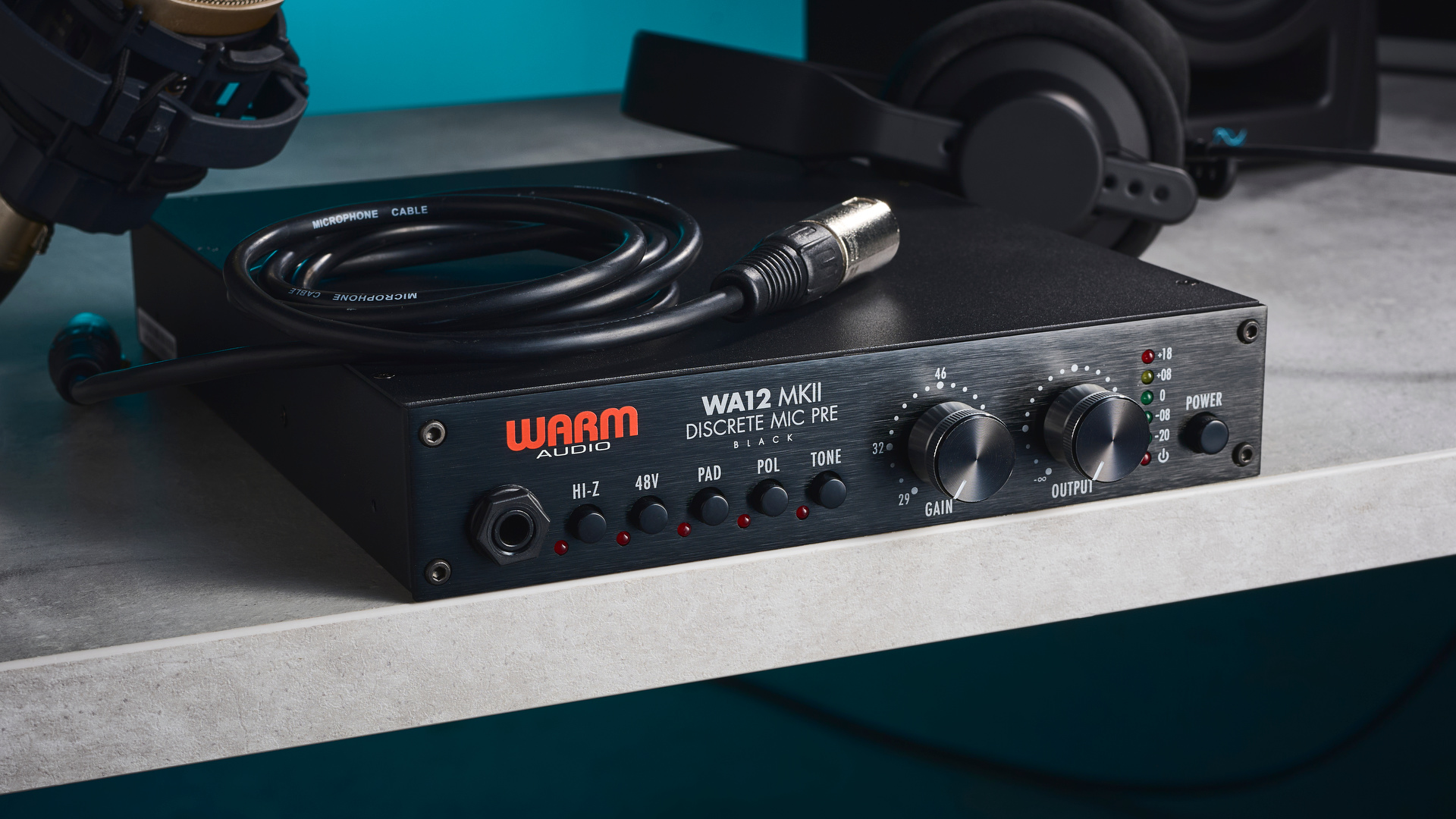Rival Sons drummer Michael Miley's singing toms, which he describes as 'big drums, tuned high', are as noted among aficionados as his Bonham-esque power and musicality. Here, he shares the secrets of his huge sound.
1. Don't over muffle
"I only use felt strips, I don't use any pillows in the bass drum. The only muffling I use are felt strips on the front and on the beater. They just give the head a little bit of time to ring.
"Buddy Rich, Gene Krupa, all of the early guys did that. Even Ringo, Keith Moon, Cream, a lot of these guys weren't using anything. Some even took the front head off. You want a drum to sing."
2. Get a friend to help
"You should have a buddy play your kit while you stand out in front of it. You want your drums to speak. I call it barking.
"I think that is a perfect description for what drums should do. They need a voice. I never want to sound like everything else. We're inundated with tight, punchy, triggered drum sounds."
3. Remember to reso
"The bottom head is sort of like the aftertaste of food. The top head is what you initially hear and because a lot of guys will put Moongel or muffle the beater head, what you hear out in front of the kit is the bottom head ringing.
"That head is really important, it has to be in tune. If the bottom head is lower than your beater head it will dip in pitch."
Get the MusicRadar Newsletter
Want all the hottest music and gear news, reviews, deals, features and more, direct to your inbox? Sign up here.
4. Find a system
"I work in a circular fashion; I go all the way around. I learned it from a guy at DW, a guy in the warehouse that was putting kits together. I nerded out with him for an afternoon!
"Guys like Jeff Porcaro use the cross method. You will be drawn to a certain sound and method."
5. Care about your sound
"That's your voice. You should care about how you sound. Even if you have a kit you picked up at a garage sale, spend a little money on some heads and you can make a crappy drumset sound great.
"I could tune 20 kits and 19 of them will sound really good. You need to find where your drums sing. Do some research and care about your sound.
"Eventually you will get into the studio and drummers already get the short-end on the intelligent stereotypes, so know your stuff! Get nerdy! What else have you got to do?"
“I’m sorry I ruined your song!”: Mike Portnoy hears Taylor Swift's Shake It Off for the first time and plays along... with surprising results
“Nile's riff on Get Lucky is a classic example of a funk riff, where the second of each 16th-note duplet is slightly delayed”: Locking down the theory of groove









